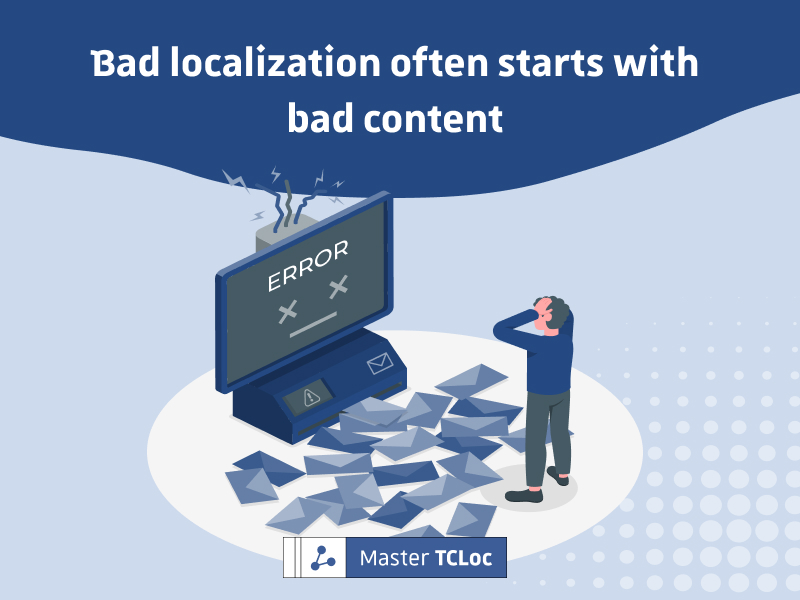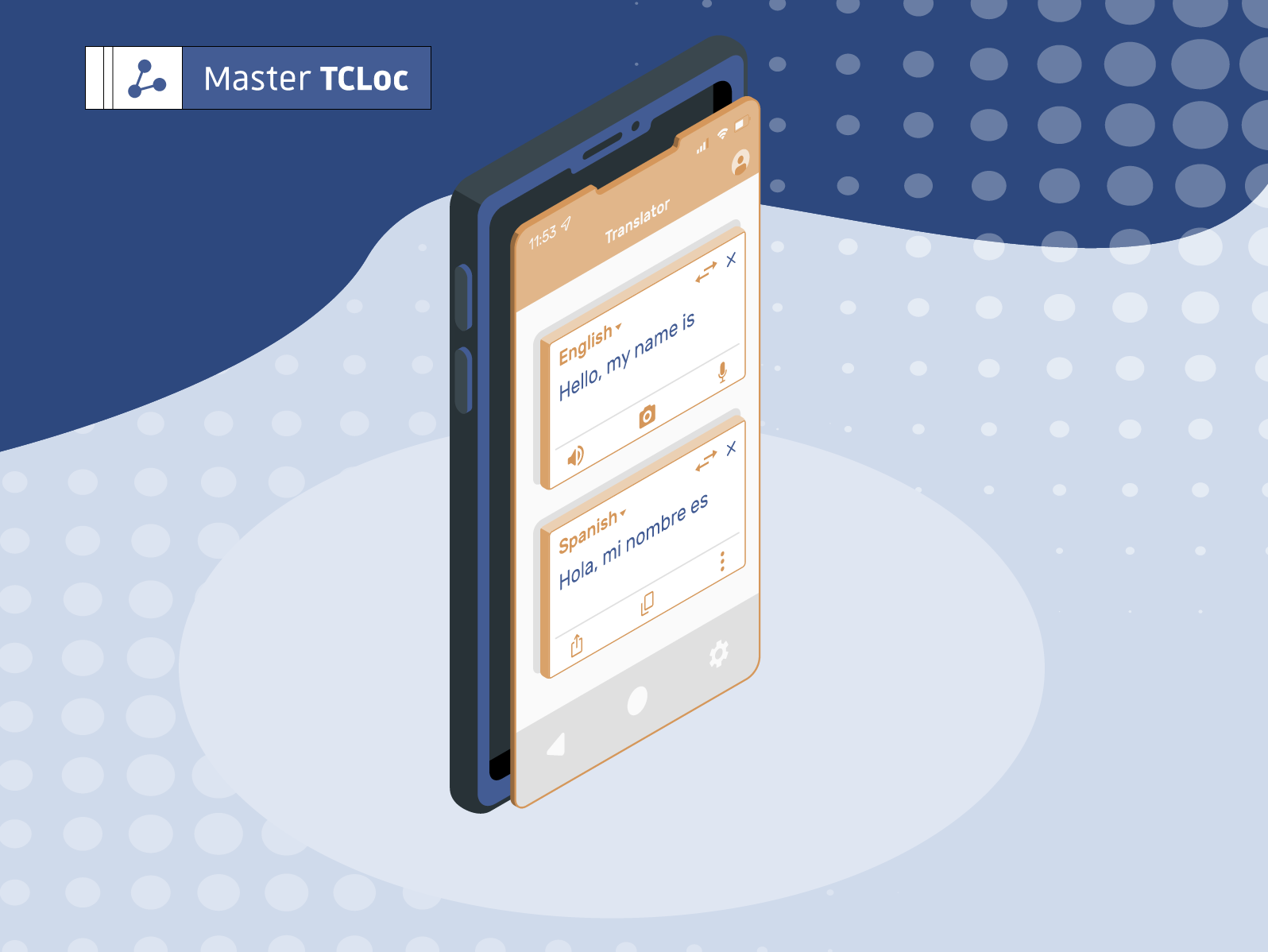Localizing your website ? Once you have a company or a brand, and you want to expand it internationally, in another country – known as the target country – one of the major steps in your strategy will be to localize your website.
What is website localization?
First, let’s start with the definition of localization: it is the process of adapting your service or your product, so it can meet another country’s culture and language’s needs and criterias.
Website localization is the process of adapting your website, in order to meet your target country’s culture and language. Website localization is much more than only translating the content of your website. Indeed, it adapts the text, the images, the resources – everything that is part of your website – so that it makes sense to a person living in your target country.
You should note that there are different levels of website localization. If you want to know more about them, about their advantages and disadvantages, a former TCloc student wrote an entire article on it. Check it out!
Why is website localization important?
As a company, your main goal may be to enter a new market and thrive in it. If that is the case, then, you should think about localizing your website.
First of all, Always assume that a person living in your target country may not know your company. Another country means another culture, language, way of living and way of thinking. Futhermore, analyzing the population and their needs is a crucial step : your service or product may sell well and be popular in your home country but may not sell at all in another one because the expectations or needs of these foreign potential customers are different. One of the worst mistakes that could happen is having a cultural misunderstanding. This is precisely where the localization of your website comes into play.
Nowadays, the majority of consumers use their phones and computers to order online or look at a brand or company’s website. You must use it to appeal to the local population. You want your product or service’s information to be accessible and meaningful for the reader – in other words, you want to provide a relevant user experience.
Note that it is also important to take into account local holidays or customs and use them to your advantage. You could change the banner of your website to fit a particular holiday – the locals will feel like your brand was made to be in their country because it emphasizes what they know, what they’re used to and what is important for them and thus, will allow you to build customer loyalty.
Good to know:
Now, Localizing your website is not the easiest task, there are a number of steps to follow in order to localize your website correctly. That is why, it is preferable and safer to leave it to professionals, to reduce the risk of problems. Indeed, with the increasing use of technology, the field of website localization grows larger and larger.
If you want to know more about localization and its processes, the TCLoc master’s program provides lectures and lessons on this topic:
– Theoretical overview of what is localization, practical exercises of different localization processes.
– Advanced course in which it goes deeper into what localization really is – by dealing with the localization of graphical user interfaces.
You can find more information about the curriculum on TCLoc master’s website.



